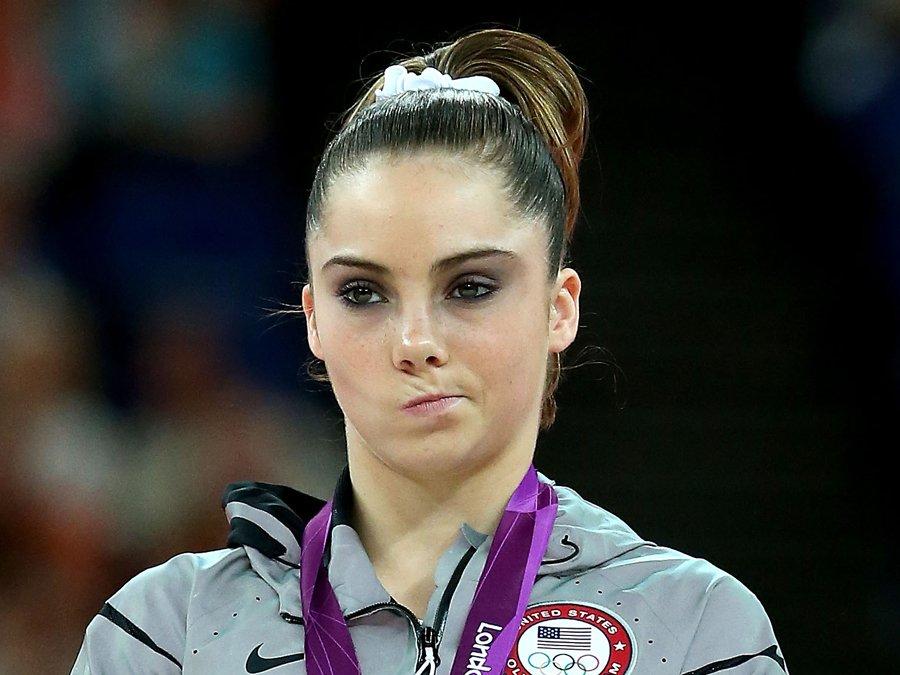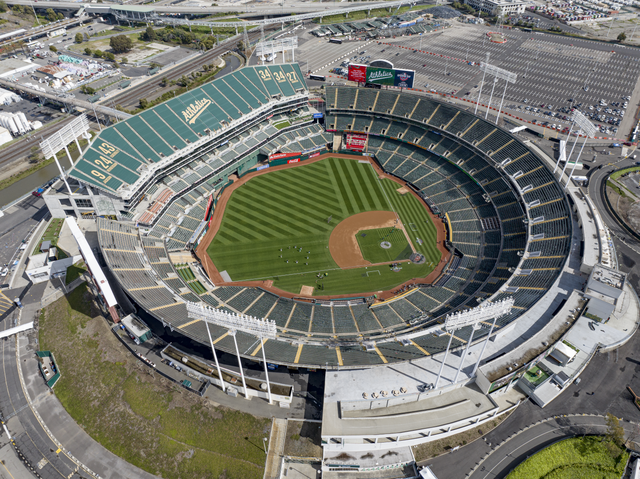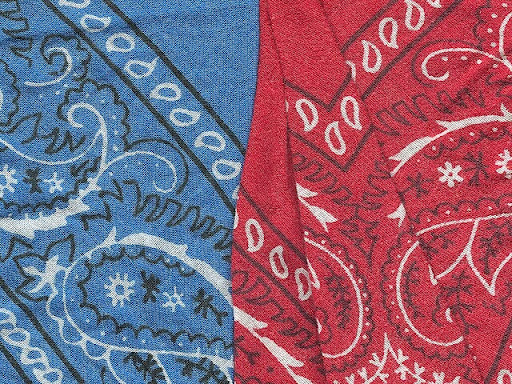In response to the abuse accusations against producer Harvey Weinstein, the #MeToo movement has allowed women to describe their pain and offer support to other women who are suffering in silence. The movement has now made its mark in the sports world. Several prominent female athletes have come forward in the last few weeks to share their own sexual assault stories.
The movement was originally started by actress Alyssa Milano on Twitter when she encouraged women to post #MeToo on their social media accounts. She believed this campaign would shed light on the problems of sexual assault across the country. The hashtag picked up considerable steam and helped many women find solidarity and support through social media.
For female athletes, this movement opened the door for them to describe their own suffering. McKayla Maroney, who won gold and silver medals at the 2012 London Olympic Games and competed with USA Gymnastics for five years, began by sharing her #MeToo story on Twitter, describing her assault at the hands of former USA Gymnastics team doctor, Larry Nassar. Her teammate, Aly Raisman, came forward in an interview with CBS’ 60 Minutes last week, claiming that Nassar had “treated” her in inappropriate ways, just as Maroney had described.
Additionally, professional basketball players Breanna Stewart and Layshia Clarendon wrote about their own abuse in essays for The Players Tribune and Mic.com, respectively. For WNBA All-Star Stewart, the abuse came at the hands of a relative when she was a child. She says that the abuse has affected her life up until, and through, this day. Although her abuser was arrested, she still suffers from his actions. Clarendon also described the struggle of suffering alone with her experience. She used the #MeToo movement to offer support to others who are also struggling alone and calls out the casual culture that can exist around sexual abuse.
The #MeToo statements from women in Hollywood and the media industry have raised significant awareness for sexual assault issues within both spheres. The statements from these female athletes struck a deep chord through the movement and have helped enact some initial change in the sports community. In the weeks since Maroney’s post, Nassar has taken a plea deal and admitted guilt in seven counts of sexual assault and will face at least 25 years in prison during the sentencing which will take place on Jan. 12. He has already pleaded guilty for possession of child pornography earlier this summer. Nassar was fired from USA Gymnastics in 2015 and was charged in this current case in Dec. 2016 by a group of older Team USA gymnasts who were also sexually assaulted while competing for their country.
The revelations of these female athletes emphasize the vast problems that we have regarding sexual assault in this country. These issues are not located in one area or industry, and these female athletes, who have shared their stories, introduce a new face to sexual assault survivors. “We are all a little more complicated than we might seem,” Stewart wrote. And she’s right. These stories reveal a deeper pain that we don’t often associate with athletes. The sports environment is built on power dynamics between players and coaches or players and team doctors. There can be a thin line between sports culture and abusive power, making it difficult for female athletes to admit to sexual assault.
Obviously, there is still work to be done. After Raisman’s interview, a third member of 2012’s “Fierce Five,” Gabby Douglas posted a comment on Twitter in response to Raisman’s story, stating, “it is our responsibility as women to dress modestly and be classy. dressing in a provocative/sexual way entices the wrong crowd.” She was immediately criticized for victim-shaming and called out by fellow 2016 Olympic teammate, Simone Biles, for her lack of support. She responded with her own statement, apologizing for her misconstrued words and alluding to her own abusive “treatments” from Nassar.
Now, the sports world needs to find a way to embrace victims of sexual assault. Women in sports are susceptible to unreasonable power dynamics and should be educated early on about what sexual assault looks like. The #MeToo movement has given these women a platform to share their story, but the response to their stories in the sports world needs to be more pronounced.
“Why are we looking at why didn’t the girls speak up? Why not look at what about the culture? What did USA Gymnastics do, and Larry Nassar do, to manipulate these girls so much that they are so afraid to speak up?” Raisman asked in her CBS interview. Even the WNBA, which has taken prominent stances on social issues, such as Black Lives Matter, has yet to make a strong statement in support of #MeToo and their athletes who have spoken up. The next step to ensure support for these women is to make sure that concrete change is taking place. The sports community cannot let the courageous work of Maroney, Raisman, Stewart, Clarendon and Douglas go to waste.




